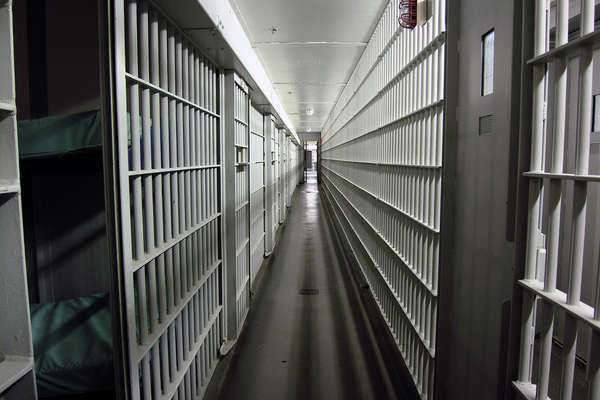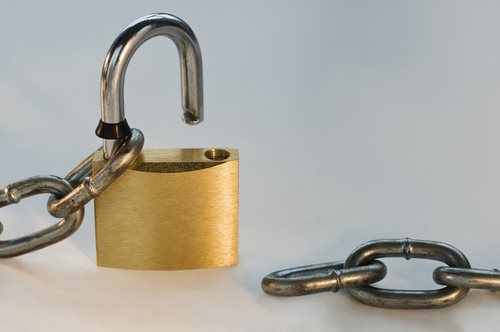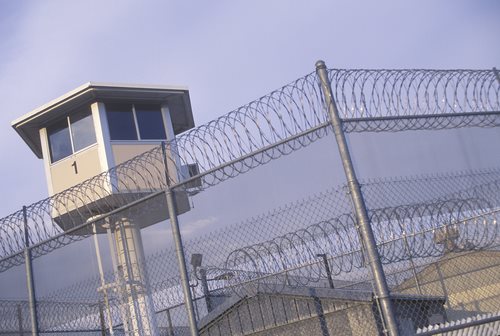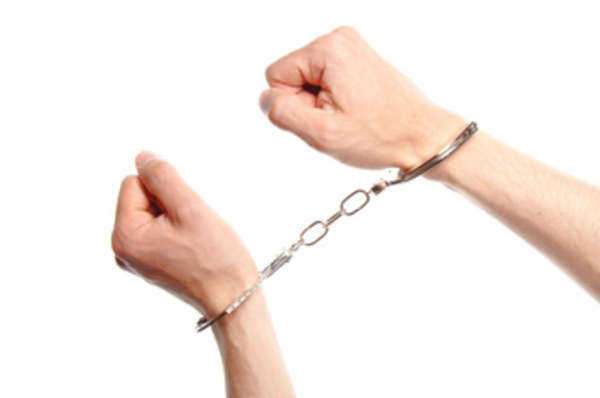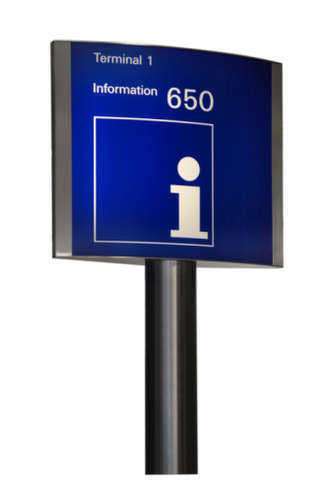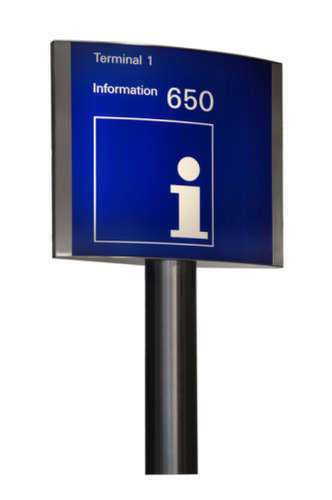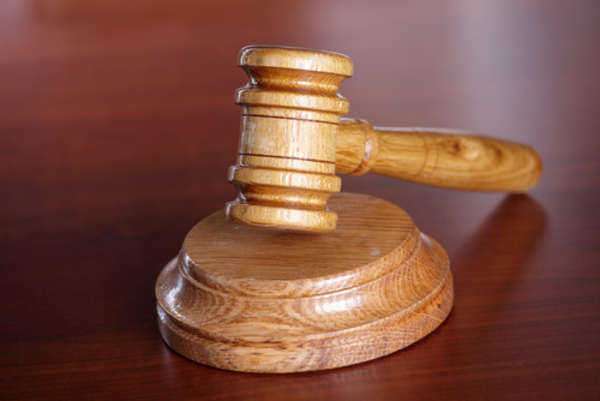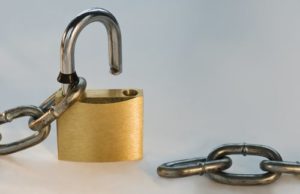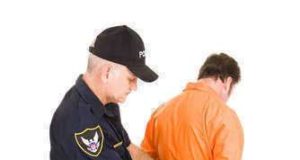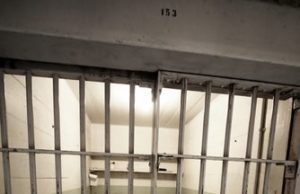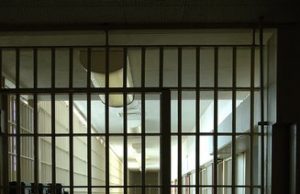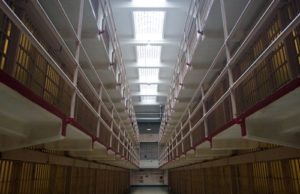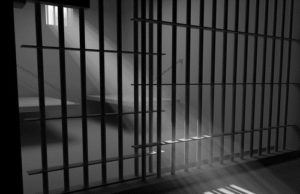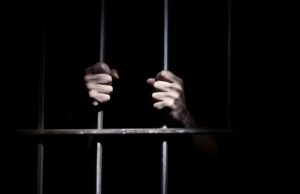
Prison is the place or facility in which people that have been convicted of crimes and sentenced to imprisonment are sent. A prison, also known as a penitentiary or jail, will confine convicted criminals to the premises of the institution and will have certain personal freedoms stripped from them.
Prison History
The concept of prisons and imprisonment can be dated back to Jerusalem to the times of the Old Testament. However, prison and their modern applications can be said to have originated in London during the 19th century from the revolutionary views of Jeremy Bantham, who proposed incarceration as a type of punishment opposed to death.
Prisoner
A prisoner is an individual that has been convicted of a crime that is punishable by incarceration. A prisoner, also known as an inmate, is a person that is currently held at a prison or jail facility where he/she will serve out the sentence that was proposed by the courts of law.
FBOP vs. DOC
In the United States, there are two governing bodies in charge of the prison system. The Federal Bureau of Prisons is the organization and agency established by the United States Department of Justice to oversee the federal prison system. The Department of Corrections is the various states’ administrative organizations in charge of controlling state and regional jails.
Federal Bureau of Prisons
The Federal Bureau of Prisons was first established in 1930 as a way to have a more centralized and professional system to govern the eleven Federal prisons that existed at that time. Furthermore, the FBOP also had as its goal to provide for a more humane treatment of prisoners. Currently, the FBOP is headquartered in Washington D.C. and is responsible for over 200,000 federal prisoners.
Prison Life
The life of inmates will prove to be ruled by strict schedules that will dictate how a daily routine is to be within the walls of a prison. Suffice it to say, personal liberties will be at a minimum, and depending on the security level of a prison, just about every single activity of the prisoners will be monitored by the corrections staff.
Commissary
Within most prisons, there will be a prison commissary. A prison commissary acts a sort of warehouse where prisoners can purchase approved items while incarcerated. These items will vary in nature, but will usually be those that are meant for leisure, such as books or magazines, or personal items, such as toiletries.
Prison Visiting Hours
The visiting hours in prison will differ in accordance to each particular prison. However, generally speaking, most prisons will have visiting hours at coincide with the normal work day, such as 9am to 5pm. Visiting privileges are controlled by the facility, which can be revoked due to behavior and other similar instances.
False Imprisonment
False imprisonment occurs when an individual is held against his/her will without prior consent and/or the proper authority for detainment. A person does not have to be confined within a cell or room in order to be falsely imprisoned, and such an individual can press charges against a third party or governmental organization in the case that false imprisonment can be justified in the court of law.
Psychiatric Evaluations in Prison
Psychiatric evaluations can occur before entering prison, as well while an inmate is incarcerated. Forensic psychologists will conduct such evaluations for various reasons, though those that are done in prison will generally entail evaluating an inmates mental health that is about to be released or is eligible for parole.
Inmate Care Packages
While in prison, inmates can receive certain items from the outside world from friends and family to make their stay somewhat more comfortable. These are known as inmate care packages, which are regulated by the correctional facility. Inmate care packages must only contain items and materials that are approved by the penitentiary and will always be checked for any contraband prior to delivery to inmates.
Prison Rape
An unfortunate yet common occurrence in penitentiaries is prison rape. Though prison rape is a sexually oriented act of violence by nature, it is most commonly used as a psychological weapon by prisoners to establish dominance, power, and control. Prison rape happens mostly among the prisoner population, though prison staff has also been known to be involved, both as victims and perpetrators.
Prison Gangs
One of the largest concerns regarding security in prisons is the formation of prison gangs. Prison gangs are defined as any conglomeration of inmates that engage in gang-like activity while incarcerated. Many of the prison gangs of the United States are formed due to ties to gangs on the outside, though many power prison gangs have originated within prison walls.
Prison Jobs
Aside from the obvious positions of corrections officers and/or prison guards, there are various types of prison jobs that exist. Positions in penitentiaries will vary in nature, and can provide for quite a successful career for many, albeit in quite a hostile environment. Positions may include registered nurses, psychologists, administrators, and physicians.
Life in Prison
In the case that an individual is convicted of a serious crime, such as murder, the sentence that is carried along with such an offense may be life imprisonment. Life in prison sentencing means that the convicted criminal is to live the rest of his/her life within the confines of a penitentiary. In some cases, the possibility for parole may exist, though it will depend mostly on the nature of the crime.
Prison Fellowship
Prison Fellowship is an organization that was formed in 1976 by a former inmate that is rooted as an outreach and reform program to current prisoners and ex-convicts. Prison Fellowship was founded by Chuck Colson and is centered on using the Christian faith to help inmates, ex-convicts, and their families cope with the concept of imprisonment and life after prison.
Solitary Confinement
Solitary confinement is a type of punishment that can be levied against inmates due to violent behavior and criminal acts while in jail. Such a prisoner is removed from the general population and placed in a single holding cell, having contact only with corrections staff.
Prison Warden
A prison warden is the individual that is charged with the position and responsibility of all the administrative procedures and management of a prison facility. Typically speaking, a prison warden will be a person with extensive experience in the corrections field and is appointed by the state governor.
Prison Lockdown
Prison lockdown refers to a particular situation where criminals may be confined only to their cells for a certain amount of time due safety and security issues. Typically speaking, in the event of a riot, murder, or attempted escape, a prison lockdown will be ordered with the purpose of securing prisoners and attempting to restore order.
Jail Records
Prison records are detailed records kept on convicted criminals who serve time in prison. Personal information about prisoners, as well as details regarding their crimes and convictions, are contained within jail records. Jail records are public records, and therefore, any individual can access a prison record containing information about a specific prisoner.
Inmate Information
Jail records contain a variety of inmate information about convicts who are being contained within prisons. Most states maintain an online database of inmate information, which can be accessed by the public. When locating files about inmates, information may include their offenses and the duration of their sentences, as well as personal information.
Parole
Following the completion of a specified portion of his/her sentence, an inmate may be eligible for parole. When he/she is considered to be eligible, he/she will be required to appear before a parole board, who will determine his/her, fate. If an inmate is granted parole, he/she will be permitted to complete the remainder of his/her sentence outside of prison, under the watch of a parole officer.
